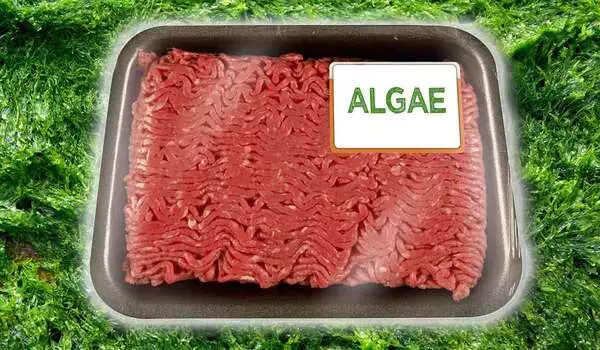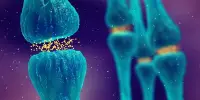Algae are gaining popularity as a novel and sustainable meat substitute, as well as an environmentally friendly source of protein. A new study found that consuming two of the most commonly available algal species is high in protein, which promotes muscle remodeling in young healthy adults. Their findings suggest that algae may be a viable and sustainable alternative to animal-derived protein for muscle maintenance and growth.
As more people seek alternatives to eating animals, new research has discovered a surprising environmentally friendly source of protein: algae.
The University of Exeter study, published in The Journal of Nutrition, is the first of its kind to show that consuming two of the most commercially available algal species is high in protein, which supports muscle remodeling in young healthy adults. Their findings suggest that algae may be a viable and sustainable alternative to animal-derived protein for muscle maintenance and growth.
Our work has shown algae could become part of a secure and sustainable food future. With more and more people trying to eat less meat because of ethical and environmental reasons, there is growing interest in nonanimal-derived and sustainably produced protein.
Researcher Ino Van Der Heijden
Researcher Ino Van Der Heijden from the University of Exeter said: “Our work has shown algae could become part of a secure and sustainable food future. With more and more people trying to eat less meat because of ethical and environmental reasons, there is growing interest in nonanimal-derived and sustainably produced protein. We believe it’s important and necessary to start looking into these alternatives and we’ve identified algae as a promising novel protein source.”
Foods high in protein and essential amino acids can stimulate muscle protein synthesis, which can be measured in the lab by determining the incorporation of labelled amino acids into muscle tissue proteins and converting it to a rate over time. Resting and post-exercise muscle protein synthesis is strongly stimulated by animal-derived protein sources.
However, because the production of animal-based protein is associated with growing ethical and environmental concerns, it has now been discovered that algae is an intriguing environmentally friendly alternative to animal-derived protein. Spirulina and chlorella are the two most commercially available algae that contain high doses of micronutrients and are high in protein when grown under controlled conditions. However, it is unknown whether spirulina and chlorella can stimulate myofibrillar protein synthesis in humans.

To fill a knowledge gap, researchers at the University of Exeter compared the effects of ingesting spirulina and chlorella to an established high-quality nonanimal-derived dietary protein source (fungal-derived mycoprotein) on blood amino acid concentrations, as well as resting and post-exercise myofibrillar protein synthesis rates.
A randomized, double-blind trial included 36 healthy young adults. Participants drank a drink containing 25 grams of protein from fungal-derived mycoprotein, spirulina, or chlorella after performing one-legged resistance leg exercise. Blood and skeletal muscle samples were collected at baseline, as well as four hours after feeding and exercise. Blood amino acid concentrations and rates of myofibrillar protein synthesis in resting and exercising tissue were measured.
Protein ingestion increased blood amino acid concentrations, but most rapidly and with higher peak responses following consumption of spirulina compared with mycoprotein and chlorella. Protein ingestion increased myofibrillar protein synthesis rates in both rested and exercised tissue, with no differences between groups, but with higher rates in exercised compared with rested muscle.
This is the first study of its kind to show that consuming spirulina or chlorella stimulates myofibrillar protein synthesis in resting and exercised muscle tissue to the same extent as a high-quality nonanimal derived counterpart (mycoprotein).
Lucy Rogers and Professor Leigh Breen of the University of Birmingham highlight the strengths and utility of these novel findings in a companion commentary, while also identifying future research directions for diverse populations such as older adults.
















